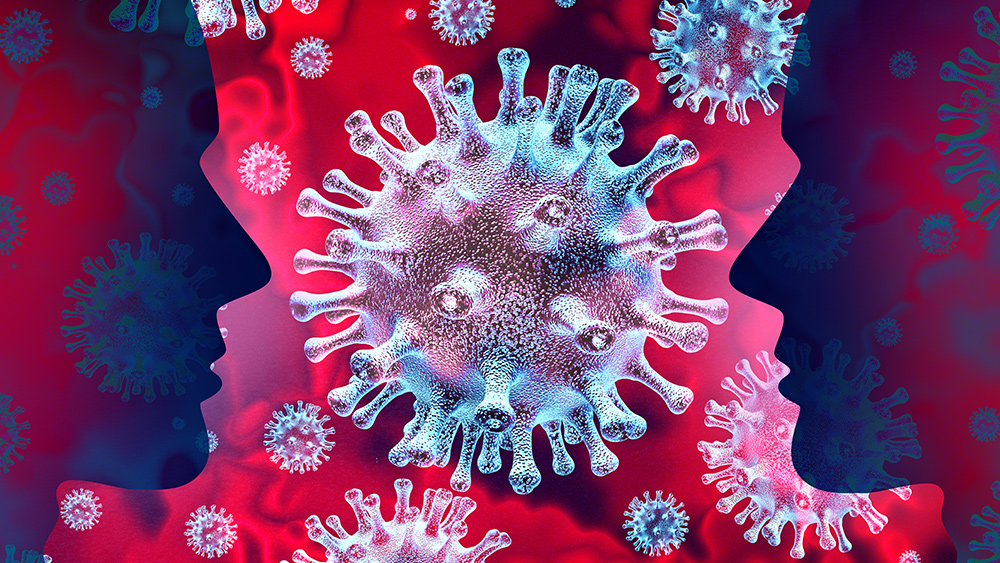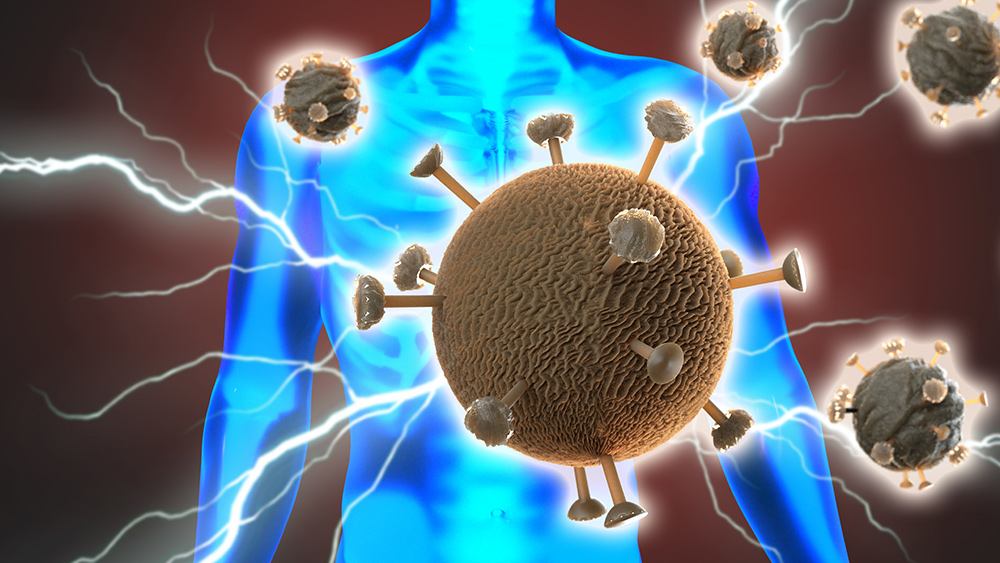Experts discover that walnuts can “change” the expression of genes that fight breast cancer
01/26/2020 / By Edsel Cook

Walnuts put the “super” in superfood: Not only are they packed with omega-3 fatty acids and polyphenols, but studies have also linked walnut consumption to many health benefits.
Just when you thought that walnuts can’t bring anything else to the table, a recent study in Nutrition Research reveals that eating the nuts can alter the genetic behavior of breast cancer cells, causing them to self-destruct. In the study, researchers from the Joan C. Edwards School of Medicine at Marshall University in West Virginia used a two-part clinical trial to investigate the link between walnut consumption and tumor growth, survival and metastasis in breast cancer patients.
“Consumption of walnuts has slowed breast cancer growth and/or reduced the risk of mammary cancer in mice. Building on this research, our team hypothesized that walnut consumption would alter gene expression in pathologically-confirmed breast cancers of women in a direction that would decrease breast cancer growth and survival,” explained lead author Elaine Hardman in a statement.
Destroying breast cancer on a genetic level
The team recruited women who had recently undergone breast cancer biopsies and divided them into two groups, namely, the control group, who had no dietary changes, and the walnut group, whom researchers asked to consume two-ounce servings of walnuts every day.
At the time of the follow-up surgery, the researchers found significant changes in gene expression in the walnut group. Samples taken from this group showed that the incorporation of walnuts into their diet affected the expression of 456 identified genes in breast cancer tumors. In particular, walnut consumption activated pathways that promote apoptosis (cellular self-destruction) and suppressed pathways that favor the growth and migration of cancer cells. (Related: New evidence shows that walnuts optimize the gut microbiome to suppress colon cancer cell growth.)
While the team didn’t identify a specific compound responsible for the nuts’ anti-cancer effect, polyphenols could play a role.
“The primary polyphenol in walnuts is pedunculagin, an ellagitannin,” said Vincent Pedre, a private internist in New York who wasn’t part of the study, in an interview with MindBodyGreen. “Ellagitannins provide well-known antioxidant and anti-inflammatory benefits that can protect against cancer, heart disease, and neurodegenerative diseases.”
More reasons to go nuts for walnuts
Scientists have been investigating the health benefits of walnuts for over 50 years – that’s a testament to how nutritious and healthy walnuts are. Here are even more ways eating walnuts can benefit your health. (h/t to Healthline.com)
- Walnuts are packed with antioxidants. A preliminary study in healthy adults revealed that eating walnuts prevents oxidative damage. This antioxidant activity can help lower the risk of heart disease, which occurs when oxidized “bad” cholesterol builds up in the arteries.
- Walnuts keep your gut healthy. Good gut bacteria love walnuts: In a clinical trial, healthy adults who ate an ounce of walnuts every day for eight weeks had higher levels of beneficial bacteria than those who did not eat walnuts.
- Walnuts are great for weight control. While walnuts are packed with calories, research shows that people absorb less of these calories. The nuts also increase a person’s satiety after eating.
- Walnuts improve sperm health in men. Men who often consume processed foods, added sugars and refined grains have impaired sperm function. But a study showed that adding walnuts to their diets improved sperm shape, vitality and mobility.
The study is just one of many that state the obvious – walnuts are one of the most nutritious foods on the planet. Why not add them to your diet today?
Sources include:
Tagged Under: alternative medicine, anticancer, cancer cures, food cures, food is medicine, food science, functional food, natural cures, natural medicine, prevention, research, Walnuts, women's health



















